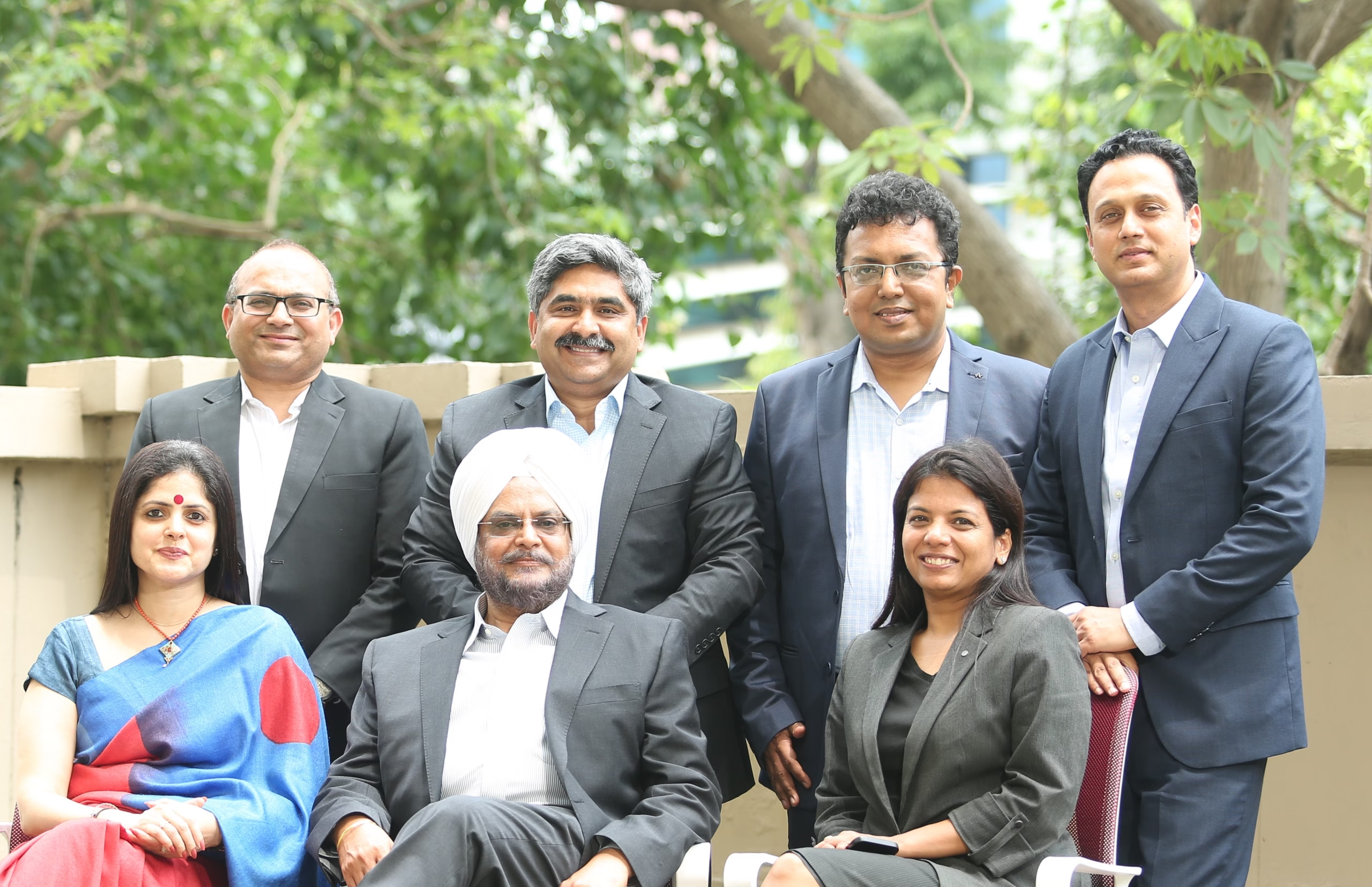Primus Partners Unveils Ambitious Strategy to Push Indian Textile Exports to US$100 Billion
Target Set for Five-Year Growth Backed by Infrastructure Expansion, Skill Development, and FTAs
Roadmap to Global Textile Leadership
Primus Partners: India has the potential to boost its textile exports to over US$100 billion within the next five years, up from the current US$36.6 billion exported in FY25, according to a new strategic roadmap by management consulting firm Primus Partners. The firm asserts that this ambitious goal can be realized through a combination of expanding export offerings, upgrading infrastructure, and increasing the availability of trained labor.
Strategic Recommendations for Growth
Primus Partners has laid out a multi-pronged strategy to transform India into a global leader in textile manufacturing and a preferred sourcing destination. The recommendations focus on increasing industry capacity, modernizing infrastructure, diversifying export markets, and improving workforce capabilities. These proposals come at a time of shifting global trade dynamics and evolving tariff structures, presenting a strategic window of opportunity for Indian exporters.
Embracing Industry 4.0 for Efficiency
One of the key highlights of the strategy is the integration of Industry 4.0 technologies, which is expected to reduce operational waste by up to 15%. Automation, digitalization, and smart manufacturing practices will play a central role in improving productivity and efficiency across the textile value chain. This technological shift is anticipated to significantly enhance India’s competitiveness in the global textile market.
Skill Development in Tier 2 and 3 Cities
To meet the growing demand for skilled labor, the report proposes establishing specialized training centers in key textile hubs, especially focusing on Tier 2 and Tier 3 cities. The goal is to raise the share of skilled workers in the textile sector to 50%, creating a stronger, more capable workforce to support expanded operations and value-added services.
Focus on Technical Textiles and Market Diversification
Primus also highlights the importance of boosting technical textile exports—an area with high global demand and growth potential. By diversifying into niche segments and expanding into new markets, India can significantly increase its global textile market share. Encouraging exports in these high-value categories will also contribute to higher per-unit realization and broader industry resilience.
Government Support is Crucial
The report emphasizes that achieving this US$100 billion target will require robust government support. Key policy actions include enhancing value addition through subsidies, streamlining supply chains, and facilitating operational efficiency. Furthermore, expanding India’s free trade agreements (FTAs) with key markets is expected to strengthen the industry’s global footprint and lower entry barriers for exporters.
Textile Sector as an Economic Engine
According to Primus, the textile sector holds the potential to become a major growth engine for the Indian economy, offering substantial employment opportunities and contributing significantly to GDP. With the right combination of policy support, industry transformation, and global outreach, India’s textile industry is well-positioned to achieve sustainable and inclusive growth over the next five years.
